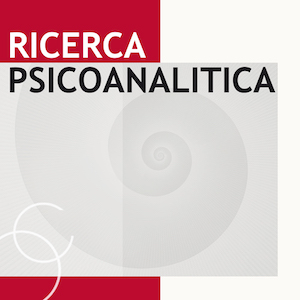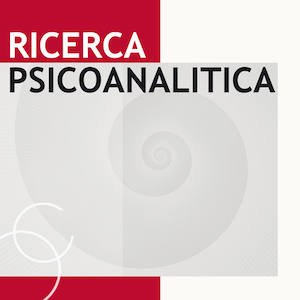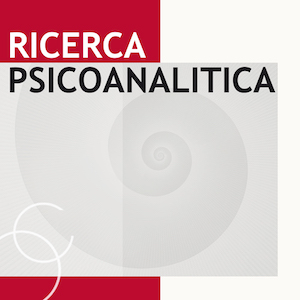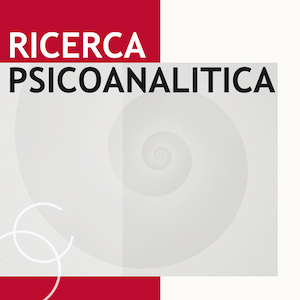The intersubjective approach in psychoanalytical work
All claims expressed in this article are solely those of the authors and do not necessarily represent those of their affiliated organizations, or those of the publisher, the editors and the reviewers. Any product that may be evaluated in this article or claim that may be made by its manufacturer is not guaranteed or endorsed by the publisher.
Accepted: 12 September 2022
Authors
The authors propose a theoretical and technical reflection on the main characteristics of an intersubjective approach to psychoanalytical work. After considering some of the main theoretical orientations that develop the intersubjective relational approach and identify its fundamental elements, the authors consider some of the consequences in terms of therapeutic action and thus of technique in clinical work. The theoretical metaphors of ‘field’, ‘intersubjective analytic third’ and ‘intersubjective co-construction’ are considered as fundamental referents of intersubjective developments in psychoanalytical work. In the context of the intersubjective orientation in psychoanalytic work, the relational frame theory and related notions, such as ‘emotional belief’, as well as its value for diagnostic reflection consistent with an intersubjective relational approach, are also referred to. Elements relating to open research areas on the aforementioned topics conclude the discussions in this article.
How to Cite

This work is licensed under a Creative Commons Attribution-NonCommercial 4.0 International License.
PAGEPress has chosen to apply the Creative Commons Attribution NonCommercial 4.0 International License (CC BY-NC 4.0) to all manuscripts to be published.










